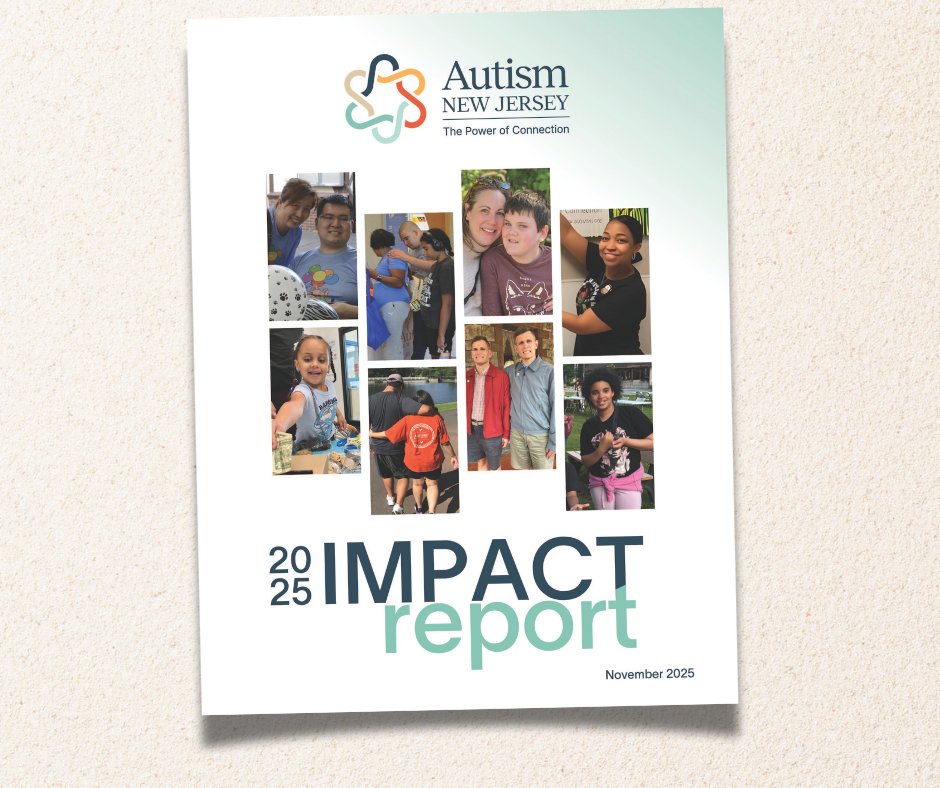
An ABLE account is a new type of tax-free savings account that is set up for a person with a disability. ABLE accounts are the result of the federal Achieving a Better Life Experience (ABLE) Act enacted in 2014. As reported in June 2018, NJ ABLE accounts are now available for New Jersey residents.
New Jersey’s Member Plan is part of the National ABLE Alliance. A consortium of states working together to optimize program operations to assure compliance and competitive fiscal order. NJ ABLE, is sponsored by the state and administered by the New Jersey Department of the Treasury and the Department of Human Services, at the Division of Disability Services.
How is an ABLE account beneficial?
Individuals with disabilities and their families often face significant costs in trying to meet the various needs that result from the person’s disability. In the past, restrictions on the amount of income and assets that individuals with a disability could have while still maintaining eligibility for important benefits greatly limited their ability to save money to pay for costs of living.
ABLE accounts allow people with disabilities to save for disability-related expenses without jeopardizing their eligibility for critical benefits. Money placed in an ABLE account is not considered an asset or income, so the account holder does not risk losing eligibility for state benefits such as SSI and Medicaid. Contributions to an ABLE account can be made by anyone, including the individual, family and friends.
Contributions to ABLE accounts must be made with post-tax dollars, but income earned by the account is not taxable. The maximum amount that can be contributed annually is currently $17,000.
Funds can be used for expenses including education, housing, transportation, employment training and support, assistive technology and personal support services, health, financial management and administrative services, legal fees, funeral and burial expenses, and other qualified expenses.
An individual’s ABLE account can accumulate up to $100,000 without counting toward the SSI resource limit of $2,000 on savings for individuals with disabilities.
Who is eligible to open an account?
An eligible individual is someone whose disability manifested prior to age 26 and for whom one of the following is true (note that as of December 2022, the Able Age Adjustment was passed and this will increase to age 46, beginning in 2026):
- is eligible for SSI or SSDI because of a disability
- experiences blindness as determined by the Social Security Act; OR
- has a similarly severe disability with a written diagnosis from a licensed physician that can be produced if requested
Documentation is not required upon opening an account, but must be available if the person is asked to provide proof of eligibility. A person can be older than age 26 when opening an account, given they can verify at what age the disability manifested.
How can someone open an account?
The NJ ABLE website offers online enrollment and information about investment options, fees, service charges, and other details.
Before opening an account: important information to know
- Investment options ranging from aggressive to conservative are available to NJ ABLE account holders. A checking-only option is also available. Investments are not insured or guaranteed by any entity and are subject to loss; only the checking option is FDIC-insured up to $250,000. Individuals who choose one of the investment options can review the NJ Plan Disclosure Documents for more details.
- Consider consulting with a tax or financial advisor to fully understand how an ABLE account impacts an individual’s unique circumstances and to weigh investment options.
- Only one ABLE account can be established for an individual in any state.
- Any funds used for non-disability related expenses are subject to taxes and penalties.
- Annual contributions are limited to $17,000 without reporting the gift to the IRS).
- The account balance limit, currently $305,000, is equal to the account balance limit for New Jersey’s 529 College Savings Plan. However, if the balance of an ABLE account exceeds $100,000, eligibility for SSI benefits would be suspended until the balance drops below $100,000. The beneficiary would continue to be eligible for Medicaid.
- Upon the death of the beneficiary, like other Medicaid payback provisions, the state may file a claim to recoup funds in the account equal to the amount of Medicaid dollars spent on the beneficiary. The claim for Medicaid-related expenses can date back to when the account was opened.
Autism New Jersey will continue to provide updates as they become available. Contact us at 800.4.AUTISM or information@autismnj.org with any questions.









